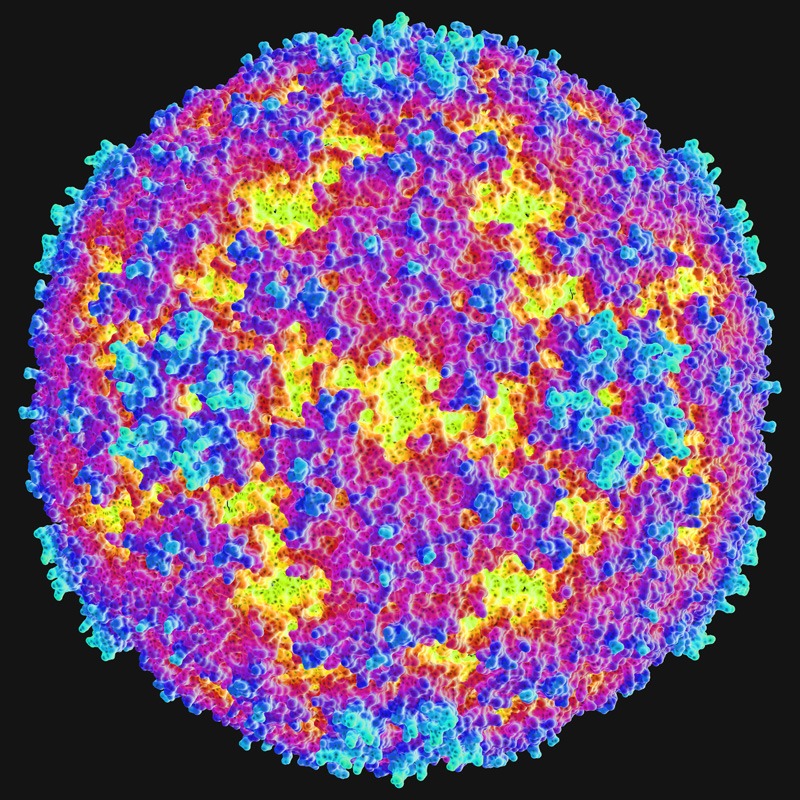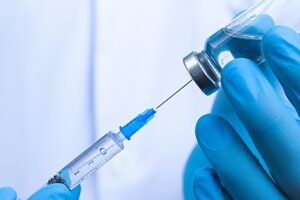Altesa Biosciences has signed an exclusive worldwide license agreement with biotechnology firm Vaxart for the development and commercialisation of the latter’s patented formulation of the capsid-binding Vapendavir antiviral.

Vapendavir is active against a broad spectrum of enteroviruses. Credit: AJC1.
Subscribe to our email newsletter
Altesa Biosciences has signed an exclusive worldwide license agreement with biotechnology firm Vaxart for the development and commercialisation of the latter’s patented formulation of the capsid-binding Vapendavir antiviral.
Vapendavir, a clinical-stage broad spectrum antiviral, has previously shown promise against a broad range of enteroviruses and capability to combat respiratory infections produced by the human rhinovirus (HRV).
It was acquired by Vaxart in 2018 as part of the company’s merger with biopharmaceutical firm Aviragen Therapeutics.
The potential applications of Vapendavir include treating epidemic hand, foot and mouth disease (HFMD), HRV infection in patients with chronic obstructive pulmonary disease (COPD) patients.
It also includes treatment for several paediatric illnesses such as seasonal recurrent lower respiratory tract infection (LRTI) in preschoolers, enteroviral infections, and seasonal asthma exacerbation in school-age children.
Vaxart CEO Andrei Floroiu said: “We believe that Vapendavir has lifesaving potential in the treatment of a range of viral infections for which there are currently no approved antivirals.
“This agreement represents another potential value creation lever for Vaxart, even as Vaxart puts its primary emphasis on the development of oral vaccines.”
Under the terms of the deal, Altesa will secure exclusive worldwide right to manufacture, develop, and commercialise Vapendavir.
Vaxart is eligible for development and commercial milestone payments of nearly $130m and royalties for global Vapendavir sales for multiple indications.
Altesa chief science officer George Painter said: “We are excited to expand the pipeline of novel antivirals through this licensing agreement with Vaxart.
“Vapendavir has shown promising preclinical and clinical data demonstrating effective control of certain respiratory viruses and we believe in its potential to help patients suffering from a range of viral infections.”
 Advertise With UsAdvertise on our extensive network of industry websites and newsletters.
Advertise With UsAdvertise on our extensive network of industry websites and newsletters.
 Get the PBR newsletterSign up to our free email to get all the latest PBR
news.
Get the PBR newsletterSign up to our free email to get all the latest PBR
news.

